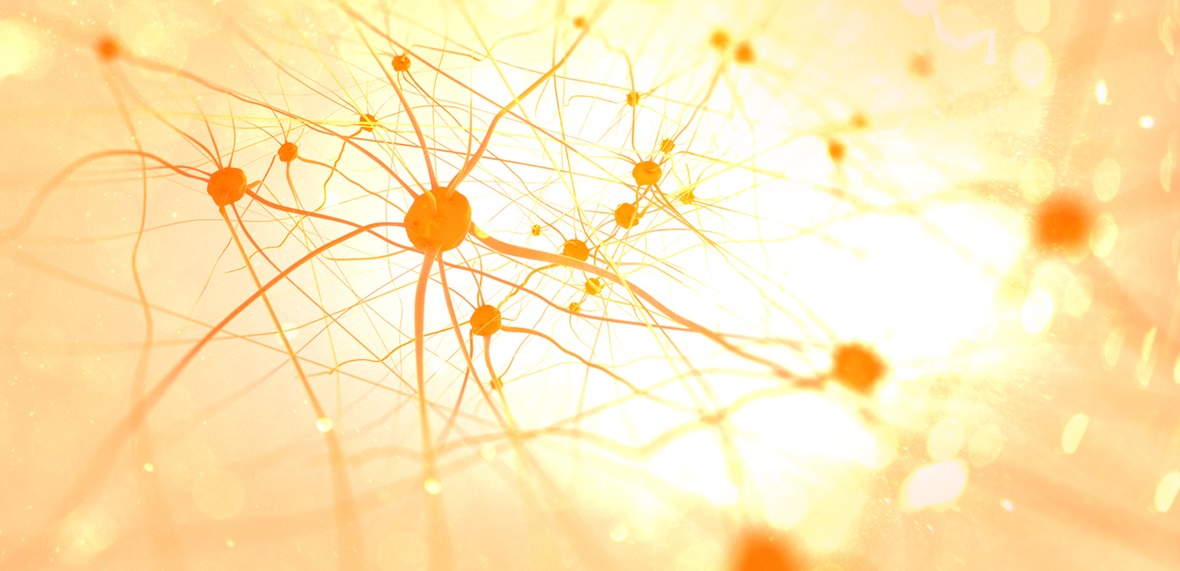
The human body contains on average 50 to 75 trillion cells of hundreds of different types, all with a special task. The individual cell possesses properties that define life; it can grow, divide itself, receive and respond to stimuli from its surroundings, and carry out an impressive number of chemical reactions. The function determines how the cell is built and where it is found in the body.
Cell Biology research studies the function of different cell types, through signalling within the cell, and how they communicate and cooperate with other cells.
The advances in Molecular Biology over the past few years has led to a biological and medical revolution with entirely new methods for analysis and studies of hereditary factors. This has changed our view of what is life and resulted in a rapid development within biotechnology, biomedicine, and plant breeding. The genetic and cell biology basis for many diseases will be elucidated in the coming years and the gained knowledge is already implemented in clinical diagnostics and therapies.
